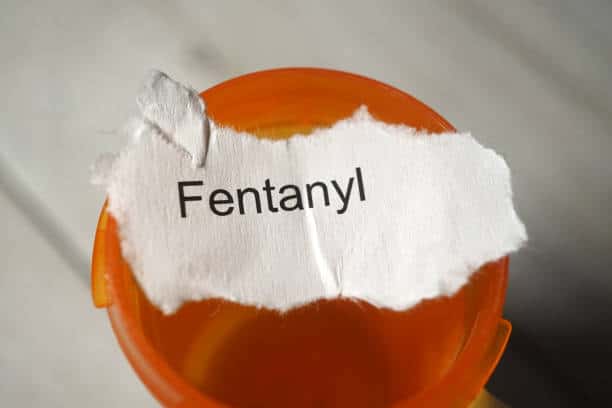Fentanyl Drug Addiction
Fentanyl Drug Addiction, Strong synthetic opioid fentanyl is frequently employed to treat extremely painful conditions. But because it is so highly addictive, it has emerged as a significant public health issue. Addiction to fentanyl can result in major issues with physical and mental health and even result in overdose and death.
Fentanyl is a potent synthetic opioid that is frequently used to relieve severe pain, particularly cancer or surgical pain. When other opioids are unsuccessful in treating pain, it is frequently used as a last resort. Additionally created illegally and available on the black market is fentanyl. The risk of an overdose is increased since illicit fentanyl is frequently combined with other substances like heroin or cocaine.
Fentanyl has effects on the body that are comparable to those of other opioids but stronger. The effects of fentanyl include exhilaration, relaxation, and alleviation of pain. Additionally, it may result in disorientation, decreased respiration, and fatigue. The body might get tolerant to fentanyl with time, requiring higher and more frequent dosages to elicit the same effects.
Increased tolerance, withdrawal symptoms, and obsessive drug-seeking behavior are all signs of fentanyl addiction. Respiratory depression, overdose, and an increased risk of infectious infections including HIV and Hepatitis C are risks connected to fentanyl usage.
Behavioral therapy and medication-assisted treatment are also available for fentanyl addiction. Methadone and buprenorphine can be used to treat withdrawal symptoms and lessen drug cravings, and behavioral therapy can help people recognize and manage their drug use triggers.
Conclusion
It’s critical for people battling fentanyl addiction to get expert assistance from a reputed drug rehab facility like ARCA Jhb. A thorough treatment program can offer the resources and support required to beat addiction and achieve long-term recovery.


